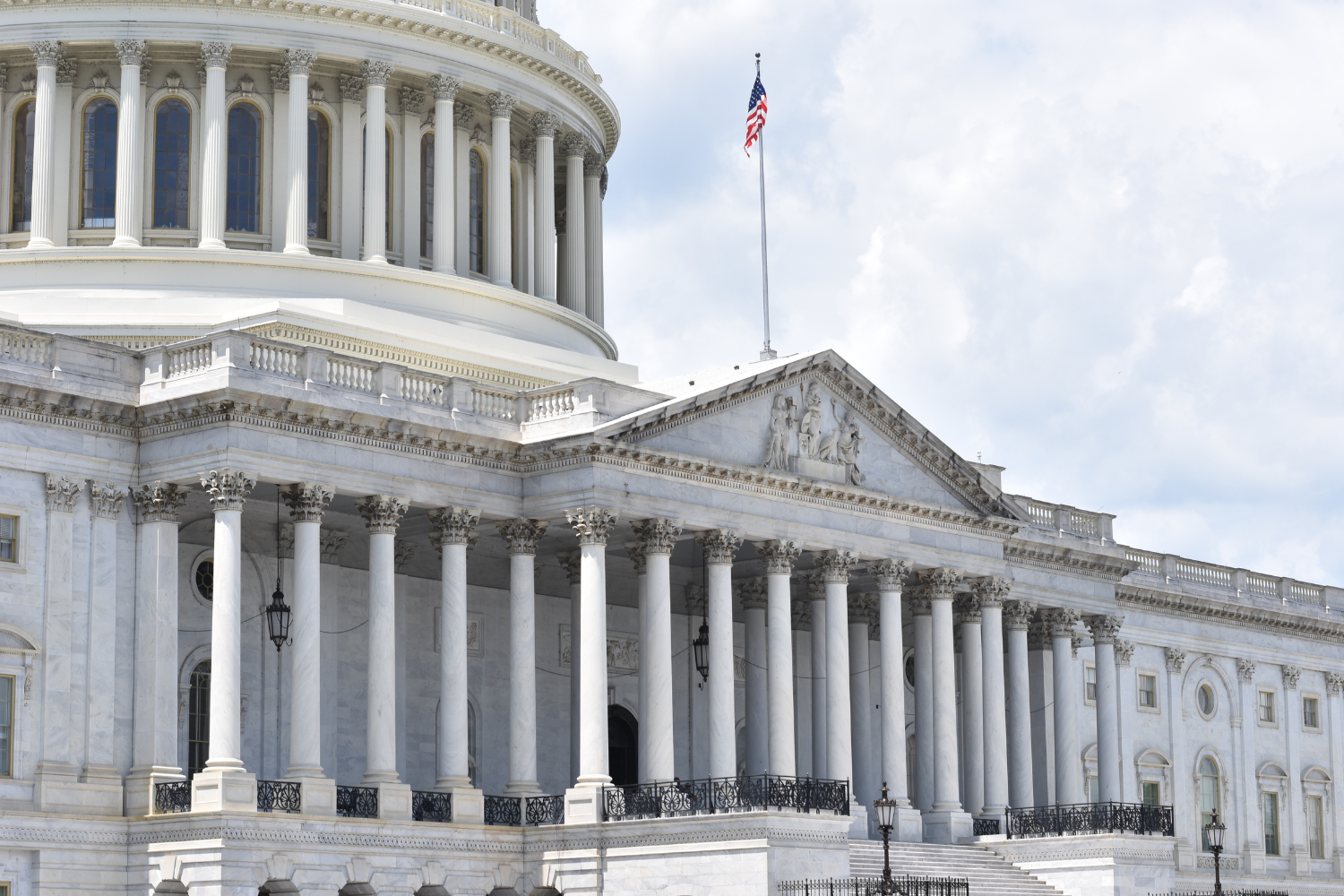In today’s sociopolitical climate, where diversity, equity, and inclusion (DEI) initiatives are being increasingly scrutinized, defunded, or even dismantled altogether, I want to take a moment to reflect on the deeper purpose behind DEI, particularly in the context of osteopathic family medicine. As conversations around DEI shift and sometimes become politicized, it's important that we, as future and current healthcare providers, recenter the values and lived experiences that made these efforts necessary in the first place.
Understanding the Debate: Prejudice, Ignorance, and “Fairness”
In my view, resistance to DEI often stems from three key narratives: prejudice, ignorance, and a distorted sense of fairness. For those rooted in prejudice, there’s little I can say to change a belief system that denies the humanity or worth of others. That kind of change must come from within. But for those operating out of ignorance—a lack of exposure or understanding—or those who claim that DEI undermines “fairness,” there’s room for dialogue, growth, and clarity. That’s where I hope this post contributes.
DEI: More Than a Checkbox
DEI, at its core, is about establishing equity and opportunity for those historically excluded from the systems of power and privilege—systems designed largely for white, cisgender, heterosexual men. While early DEI efforts focused on “making space at the table,” the movement has sometimes devolved into symbolic gestures or surface-level checkboxes.
To address this, medicine shifted from “cultural competence” to “cultural humility,” emphasizing lifelong learning and introspection. Still, we continue to struggle with accountability, especially regarding tokenism and true representation in decision-making structures.
Now, amid growing political backlash, perhaps this is the opportunity to rethink and reimagine how we advocate for DEI. Instead of dismantling it entirely, can we flip the conversation and make it more intentional, more integrated, and more sustainable?
The Misconception of “Fairness”
A common argument against DEI is that it gives some groups an unfair advantage—that it creates “handouts.” But let’s be clear: not everyone starts from the same place. The idea of a level playing field is a myth.
Let’s take the journey to becoming a physician. The standard pathway—graduate high school, go to college, complete medical school, and enter residency—assumes that everyone has access to the same resources. But when we layer in social determinants of health, the reality is starkly different:
- Educational access is shaped by local funding, district zoning, and socioeconomic status.
- Family wealth can determine whether a student needs to work while in school, afford tutoring, or even pay application fees.
- Immigration status, language barriers, and racial/ethnic discrimination all add additional layers of complexity that affect long-term outcomes.
DEI doesn’t offer “special treatment.” It helps ensure that everyone has a fair starting point, not just those who already had a head start.
Why DEI Matters in Family Medicine
As family medicine providers, we don’t treat a monolithic population. We care for a beautifully diverse tapestry of individuals, cultures, and identities. To ignore this reality is to do a disservice to the communities we are called to serve.
DEI helps lay a foundation of respect, cultural awareness, and inclusive care. It encourages representative medicine, where patients are more likely to encounter providers who share their lived experiences. While shared identity isn’t necessary for understanding or effective care, it can be profoundly healing and validating.
And that’s the true spirit of DEI: not exclusion, not superiority, but recognition, representation, and respect.
Where Do We Go From Here?
To my family medicine colleagues, I urge you: keep pushing for DEI, even when it’s unpopular. Find innovative, safe ways to advocate, whether it’s through mentorship, research, curriculum development, or community engagement.
To students: we want to hear your stories. Your perspectives, your cultures, your journeys—they matter. Sharing them not only strengthens our collective identity but also helps reshape the future of healthcare.

/wang.jpg?sfvrsn=d1d9e2d0_1)




